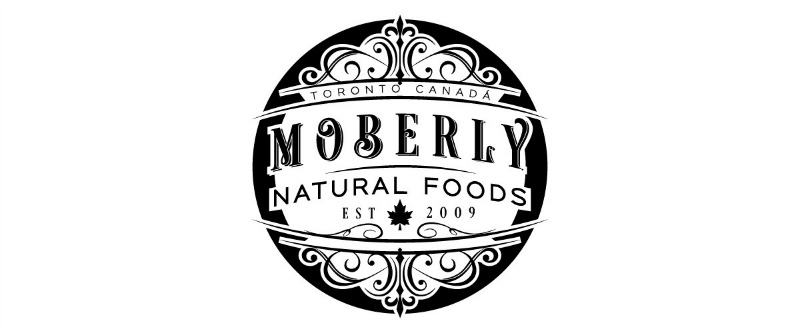Last week, we made sure your kids were getting enough protein as vegetarians. Meat is a big source of protein for many, but it is also a big source of dietary fats. One thing a lot of people don’t consider when becoming vegetarian is how to get enough healthy vegetarian fats into their diet.
But isn’t fat a bad thing?
I know, we all lived through the 90s believing that a low-fat diet was healthy for us, and would lead to fat-loss. Unfortunately, we arrived in the 2000s even sicker than before.
Fat is important for many reasons, including the following:
- Every cell in your body is surrounded by a layer of lipids (a fancy word for fat) that makes our cells to be flexible, and allows nutrients to pass in and out.
- Dietary fats (the fats you eat) play a huge role in satiety – fat helps keep you feeling full longer, and therefore less likely to overeat.
- They help maintain healthy hormone levels.
- They allow you to absorb fat-soluble vitamins like Vitamin A, D, E, and K.
- Essential fatty acids are an important part of immune function.
- The human brain is nearly 60% fat. It helps maintain the structure of the brain, as well as making sure the brain’s neurotransmitters (or messengers) are working correctly.
It is especially important for children to be getting enough fats as their brains are growing, their hormones are balancing, and they’re developing a relationship to food that will last a lifetime.
Here’s a handy chart for remembering good sources of vegetarian fats

There are 3 main types of fats in our modern world of food:
- Unsaturated Fats – both mono- and polyunsaturated
- Saturated Fats – much maligned, but very important
- Trans Fats – man-made, they don’t occur in nature
Unsaturated Fats
These are the ones you want to get the most of in your diet. They help maintain the fluidity of your cells, and the “big two” of fatty acids, DHA and EPA, are converted from certain unsaturated fats.
DHA and EPA (docosahexaenoic and eicosapentaenoic acids) are important for brain function and development, and are considered to have incredible anti-inflammatory properties. While the best source of DHA and EPA is found in fish, there are trace amounts of each in seaweed. DHA and EPA are not produced in other plant foods, but they can be converted in the body from other sources of Omega 3s, like flax, chia and walnuts.
Getting unsaturated vegetarian fats into your child’s diet is as simple as spreading almond butter on their toast, offering up a serving of guacamole, or making trail mix with a variety of seeds. There are many great oils, as well, including flax, hemp, olive, and Camelina. These can be used in dressings, smoothies, dips (like hummus), and in cooking. To learn when to use which oils, click here.
Saturated Fats
These get a bad rap, but they do actually have a place in maintaining a healthy body. Saturated fats promote liver health, help boost immunity, and work to maintain favorable hormone balance, so don’t fear the butter! Unless you’re allergic to dairy, of course.
Let’s talk about my favorite source of saturated vegetarian fats: coconut! The medium-chain triglycerides found in coconut help burn fat, increase metabolism, and banish certain microbes from your digestive tract. One of the coolest things about coconut is that its fats are burned quickly as energy, rather than stored in the body.
You can include coconut in your vegetarian’s diet by spreading coconut oil or coconut butter on toast, mixing shredded coconut into cereals, trail mixes, smoothies, etc, using coconut milk in cooking (and anywhere you’d use dairy), and even coconut ice cream. Mmmmmm.
Trans Fats
These are the fats you want to stay away from. They’re the guys found in a lot of processed foods like margarine, popular brands of crackers, fast food, etc – anywhere you find a partially-hydrogenated oil. Your body can’t break down trans fats, and they raise your bad cholesterol while lowering your good cholesterol. Don’t worry about getting these ones into your kids – they’re better off without them.
So layer on the avocado, sprinkle on the coconut, and drizzle your olive oil at will! Not only will things taste a lot better, but they’ll be healthier for your little vegetarians, too.
Stay tuned for Part 3: Vitamin B12 and Iron. Need a refresher on protein? Check out part 1 here.
About The Author:
Kelly Boaz, CNP
Kelly is a holistic nutritionist, specializing in eating disorder recovery and food freedom. She is also a public speaker (TEDx King St. West, TDSB) and a writer. Learn more about Kelly, and about booking private consultations at kellyboaz.com Twitter: @kelly_boaz Facebook: /KellyBoazDotCom
